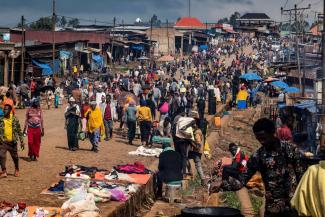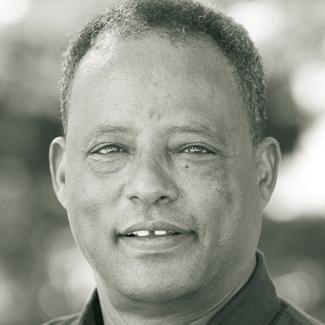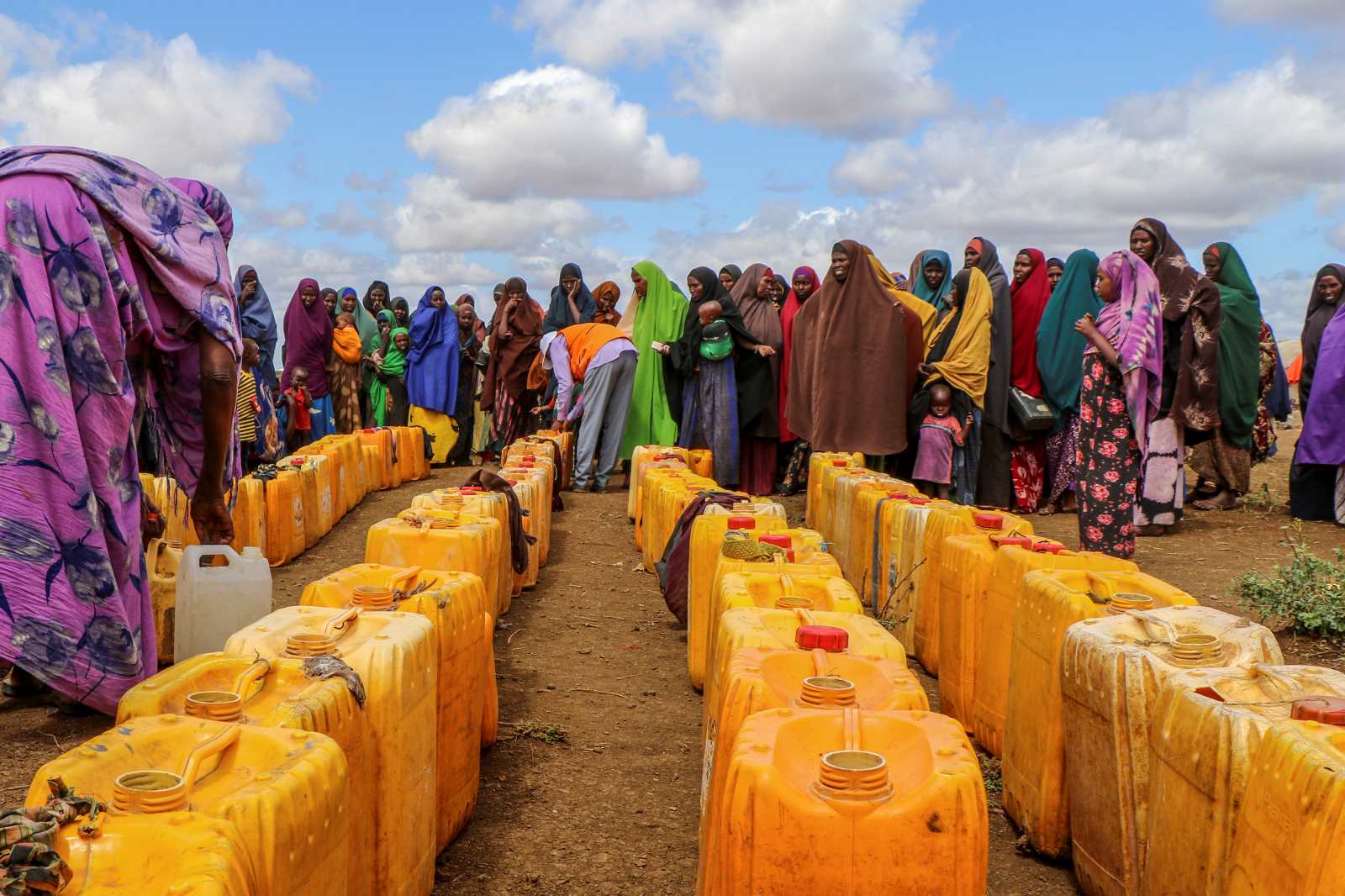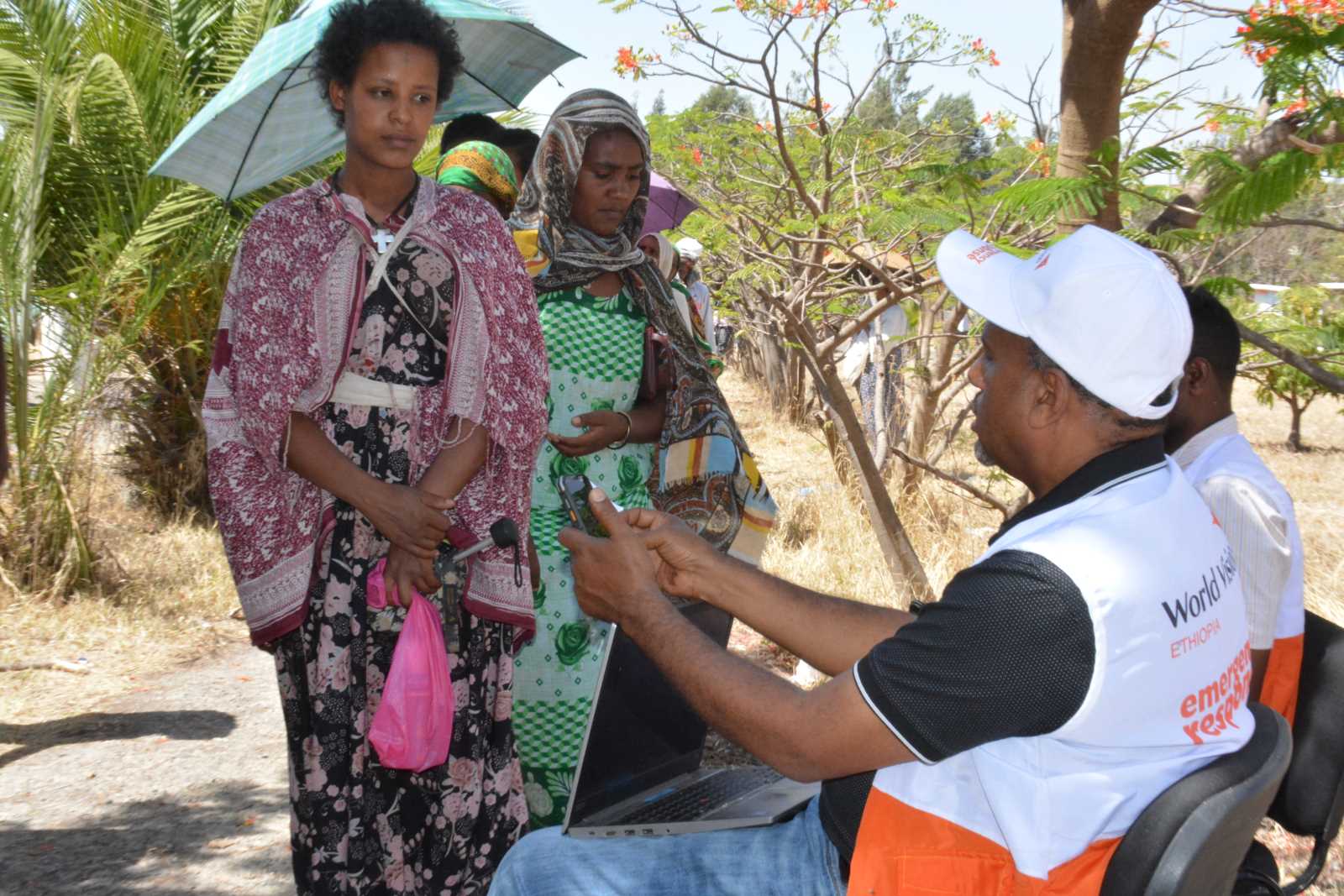Baseline studies
Precious data

Only one in ten families in the district of Hambela Wamena in Ethiopia has access to clean drinking water. The rest drink from watercourses and watering holes that are also used by livestock. One consequence of this is that a tenth of people’s tiny income goes on medication for diarrhoea.
Family fields are smaller than a football pitch – they do not yield enough to feed the average family of seven. As a result, 70 % of families go hungry for five to eight months of the year.
Data of this depth is not usually available in rural Ethiopia. It has to be collected. In mid-2023, Swiss aid organisation “Menschen für Menschen” thus enlisted Ethiopian interviewers to question a total of 373 randomly selected families and document their personal circumstances.
Based on the findings and recommendations of that baseline study, activities were identified for a three-year development project. Implementation commenced in spring this year. Among other things, the study indicated the catastrophic state of drinking water supply. As a result, ten defective wells are now being repaired and 16 new water points provided. Around 6000 people will benefit from these measures. To ensure sustainability, so-called water committees are being trained; responsibility for maintaining the wells in future will be in local hands. The committees also collect the water charges for any repairs, which can then be carried out independently.
Hundred percent interest
The baseline study also revealed that families had virtually no access to financial services. Poor farmers cannot obtain money from banks. Their only option is to borrow from private moneylenders, who traditionally charge 100 % interest. So, if families borrow money to buy food or seed for the next season, they have to use a large part of the next harvest to service the interest. For this reason, one focus of the project is on creating cooperatives and savings groups that have access to fair microloans.
The savings groups are aimed specifically at women, who also receive a wide range of training there, for example on family planning. The baseline study further revealed that 55 % of families do not use contraception. Of these, 38.5 % stated that they do not practice family planning due to a lack of knowledge.
The agents of change are native advisors who live in the villages and travel daily from farm to farm. They help with improved seed, with livestock provided on a microloan basis and by passing on their knowledge of adapted farming practices. Within three years, 3,600 families with a total of 25,000 members are expected to improve their lives significantly – for example by producing surpluses for the market.
Whether the plan succeeds will be revealed by a follow-up survey of the same families in three years. The evaluation results can then be compared with the figures and indicators of the baseline study to determine whether the families have made any economic progress – and to what extent precisely.
Getachew Zewdu studied business administration at Freie Universität Berlin. He works as a country representative for the Swiss foundation Menschen für Menschen (www.mfm.ch) in Addis Ababa.
info@mfm.ch










